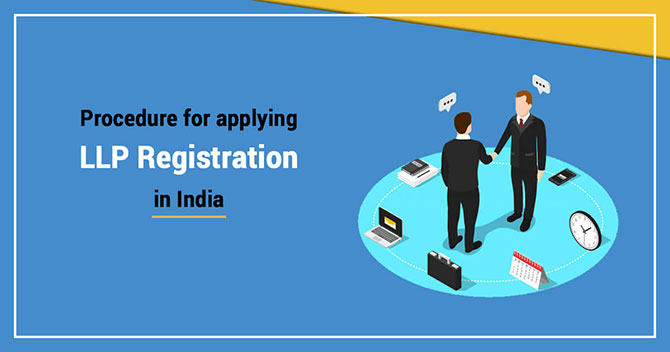LLPs (Limited Liability Partnerships) are generally taxed as pass-through entities, meaning that the LLP itself does not pay taxes on its profits. “”Contrary to that, the LLP’s profits and losses pass through’ to the individual partners, who disclose them on their personal tax returns, creating a unique financial arrangement. The specific tax treatment of an LLP may vary depending on the jurisdiction and applicable tax laws. Here’s a general overview:
1.Pass-Through Taxation:
As mentioned, an LLP is not subject to entity-level taxation. The LLP’s profits and losses can allocate among the partners according to the terms of the partnership agreement or the capital contributions of the partners. Each partner includes their respective share of the LLP’s profits or losses on their personal tax return.
2.Individual Taxation:
Partners of an LLP report their share of the LLP’s profits or losses on their personal tax returns. The LLP itself refrains from filing a distinct tax return, showcasing a distinctive characteristic of its tax structure. Each partner’s share of the profits or losses is based on their partnership interest, as specified in the partnership agreement or according to their capital contribution.
3.Self-Employment Taxes:
In many jurisdictions, LLP partners consider themselves as a self-employed individuals for tax purposes. As self-employed individuals, partners are responsible for paying self-employment taxes, such as Social Security and Medicare taxes. These taxes calculation depend on the partner’s share of the LLP’s profits.
4.Tax Deductions and Credits:
Partners of an LLP may be eligible to claim deductions and credits for both business-related expenses and activities. Both deductions and credits can help to reduce their taxable income and overall tax liability. Partners should consult the tax laws of their specific jurisdiction to understand the deductibility of expenses and availability of tax credits.
For more information visit this site: https://www.mca.gov.in
The above all information provides a general overview, and specific rules may differ based on local tax laws. Finally, It is advisable to consult with a qualified tax professional or accountant who is familiar with the tax laws in your specific jurisdiction. Certainly, They can provide personalized advice and guidance on the taxation of your LLP based on your specific circumstances.
For further details access our website https://vibrantfinserv.com/

